FINRA Regulatory Entity

In this article
FINRA stands for “Financial Industry Regulatory Authority”. The US Securities and Exchange Commission is responsible for protecting investors from financial crime.
Their goal is to establish and oversee general rules of regulation to achieve this goal. Thus, they follow the guidance that regulates the US broker-dealers’ industry and trading of all financial assets.
Structure of FINRA
FINRA began operating in 2007. It was formed through the consolidation of the National Association of Securities Dealers (NASD) and serves as the New York Stock Exchange (NYSE).
In this consolidation, the dealers and brokers have been governed by a single authority. Thus, it even removes the overlap between two different organizations.
FINRA is one of the largest non-profit, non-governmental and self-regulatory organizations in the world. The law aims to protect US investors from financial crimes. FINRA’s primary focus is to ensure transparency in the securities industry.
FINRA is no doubt a large organization. There are more than 4,500 brokerage firms affiliated with it and 162,000 branches in different states. There are also around 600,000 security personnel on hand.
With approximately 3,600 employees, the company has 16 administrative offices in the US and New York. In addition, they have 11 district offices and 70 hearing offices in Puerto Rico and London.
Role of FINRA
FINRA is primarily responsible for overseeing and setting the rules for the broker-dealer industry in the United States. As a result, even trading financial assets such as equities, bonds, and securities futures are protected.
Regulators like FINRA are always on the lookout for suspicious activity. Even the investors are taught how to deal with frauds and financial scams. They even surveyed US firms a couple of months back to determine if they are following the rules or not.
FINRA’s primary goal is to ensure the integrity and transparency of securities firms. To ensure that all core values are met, the firm generally takes the following action:
- Investors are receiving the basic protections.
- All the security products are by the proper standards such as qualification, testing and licensing.
- Security advertisements are based on accurate information.
FINRA fines & penalties
FINRA processes around 50 billion transactions a day. In addition, it refers hundreds of cases to other agencies, including the Securities and Exchange Commission (SEC).
FINRA brought 1,369 disciplinary actions against brokerage firms in 2017 to detect and enforce non-compliance with the rules. Adding $64.89 million in fines and around $66.8 million in restitution to the investors makes $64.89 million in fines and restitution.
Key departments
The following are some of FINRA’s key departments:
- Member Regulation Department – It monitors the compliance of its members according to the industry rules and regulations;
- Market Regulation Department – Conducting examinations and properly investigating trading activity within the US equity options and its fixed income markets.
- Enforcement Department – Investigating the potential misbehaviour and taking upon some disciplinary action when it is necessary.
- Transparency Services Department – Has its main focus on the over-the-counter (OTC) securities and the trading for maintaining proper databases. It even disseminates real-time information about the historical market.
- Registration & Disclosure Department – Undertake the testing and registering of the securities industry.
How does FINRA issue licenses to brokers?
To begin with, all brokers should be licensed by FINRA, for which they must pass a qualification exam and meet all of the basic requirements.
Following the examination, FINRA will observe all their operations and conduct minor examinations to make sure they adhere to industry standards.
Additionally, FINRA will review brochures, advertisements, and websites to determine whether the information presented is reliable and honest. FINRA will suspend the license and regulation of any broker or organization that violates its rules.
How does FINRA regulate the financial market?
- Check the firms’ compliance with FINRA and SEC rules.
- Foster a high level of transparency in the financial market
- Investor education
- High ethical standards must be enforced.
- Protect investors by implementing the investor safeguards
The FINRA also serves as a forum for resolving securities disputes at all levels. Generally, they come forward when there is a disagreement between the two investors.
Today, they have handled 100% of the industry’s arbitrations and mediations from a maximum of 70 hearing locations.
Additional regulatory operations
A few more regulatory operations of FINRA are:
- The Office of General Counsel – Assist the entity in further interpretation and adoption of rules which apply to the brokerage industry.
- The Office of Fraud Detection & Market Intelligence – Review all the major allegations of scam and any sort of investor harm. They put in their best efforts to detect insider trading all across the financial markets of the US.
- The Office of Invest Education – Providing financial tools and few educational resources to the investors for better know-how about the financial market.
- Advertising Regulation – Monitor the advertising activity so that the investors are not misled.
- Corporate Financing – Make sure that the corporate offerings are not at all fraudulent.
Does FINRA face any criticism?
FINRA has received so much criticism that any reputable self-regulatory organization will survive. Several organizations have complained that FINRA does not do enough to protect investors.
It has even been reported that financial advisors with a history of misconduct are more likely to commit that offence at a higher level in the future.
Critics claim that FINRA restrains them from exercising their powers, which is wrong. There is a general criticism that FINRA is not doing enough to maintain public trust.
Bottom line
In short, FINRA’s main objective is to protect investors from any potential financial abuse. It simply ensures the availability of ethical conduct within the financial sector.
Jason Morgan is an experienced forex analyst and writer with a deep understanding of the financial markets. With over 13+ years of industry experience, he has honed his skills in analyzing and forecasting currency movements, providing valuable insights to traders and investors.
Forex Content Writer | Market Analyst
Relevant Posts

FCA Regulatory Entity
[top_three_brokers] Currently, the Financial Conduct Authority (FCA) regulates the financial services industry in the UK…
Read more

FMA Liechtenstein Regulatory Entity
[top_three_brokers] The Financial Market Authority, FMA, is the main agency for financial regulation in Liechtenstein.…
Read more

BVIFSC Regulatory Entity
[top_three_brokers] BVIFSC is the abbreviation of the British Virgin Islands Financial Services Commission. This commission…
Read more

JFSA Regulatory Entity
[top_three_brokers] JFSA, the Japanese Financial Services Agency, is a regulatory body that ensures the financial…
Read more

PRA Regulatory Entity
[top_three_brokers] PRA stands for Prudential Regulation Authority. It works as a regulatory and supervisory authority…
Read more

CFTC Regulatory Entity
[top_three_brokers] Trading in futures contracts has rapidly extended beyond conventional physical and agricultural commodities into…
Read more

JSE Regulatory Entity
[top_three_brokers] The Johannesburg Stock Exchange (formerly known as the JSE Securities Exchange) is the largest…
Read more

AMF Regulatory Entity
[top_three_brokers] AMF, the Autorite des Marches Financiers, also known as a financial market authority, is…
Read more

FSC Mauritius Regulatory Entity
[top_three_brokers] FSC (Mauritius) Regulatory Entity works as a regulatory body for all global business sectors…
Read more

NBRB Regulatory Entity
[top_three_brokers] NBRB Regulatory Entity (National Bank of the Republic of Belarus) is the Republic of…
Read more

FCA Regulatory Entity
[top_three_brokers] Currently, the Financial Conduct Authority (FCA) regulates the financial services industry in the UK…
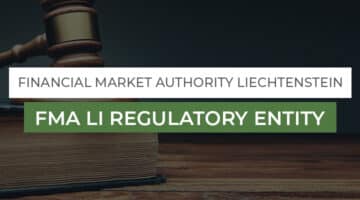
FMA Liechtenstein Regulatory Entity
[top_three_brokers] The Financial Market Authority, FMA, is the main agency for financial regulation in Liechtenstein.…
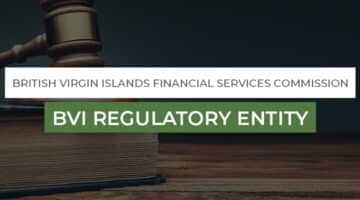
BVIFSC Regulatory Entity
[top_three_brokers] BVIFSC is the abbreviation of the British Virgin Islands Financial Services Commission. This commission…

JFSA Regulatory Entity
[top_three_brokers] JFSA, the Japanese Financial Services Agency, is a regulatory body that ensures the financial…

PRA Regulatory Entity
[top_three_brokers] PRA stands for Prudential Regulation Authority. It works as a regulatory and supervisory authority…
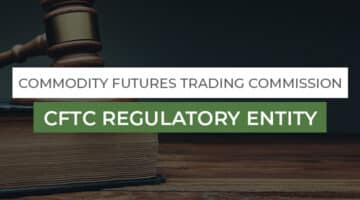
CFTC Regulatory Entity
[top_three_brokers] Trading in futures contracts has rapidly extended beyond conventional physical and agricultural commodities into…

JSE Regulatory Entity
[top_three_brokers] The Johannesburg Stock Exchange (formerly known as the JSE Securities Exchange) is the largest…
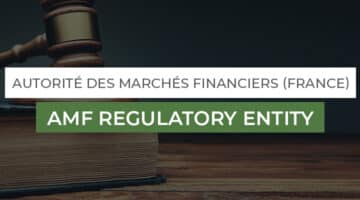
AMF Regulatory Entity
[top_three_brokers] AMF, the Autorite des Marches Financiers, also known as a financial market authority, is…
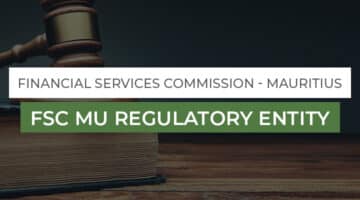
FSC Mauritius Regulatory Entity
[top_three_brokers] FSC (Mauritius) Regulatory Entity works as a regulatory body for all global business sectors…
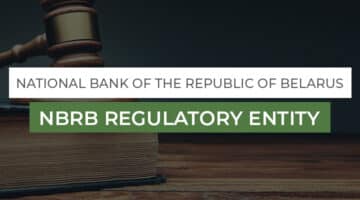
NBRB Regulatory Entity
[top_three_brokers] NBRB Regulatory Entity (National Bank of the Republic of Belarus) is the Republic of…


